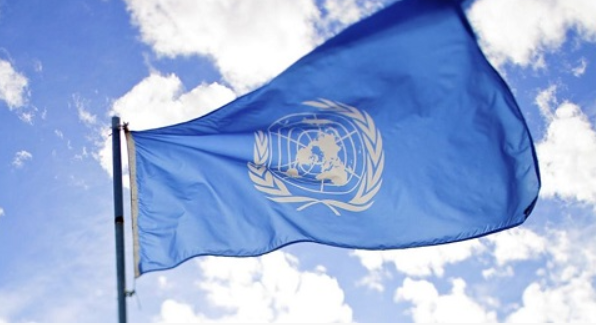UN International Committee Calls for Stricter Drug Criminalization
Earlier this week, the United Nations International Narcotics Control Board (INCB) released its 2017 report, addressing the fight against international drug trafficking as well as regional reforms on the legalization and decriminalization of substances like marijuana, which are underway in several countries. Although the INCB document calls on governments to treat citizens who commit drug offenses more humanely, the report ultimately concludes that the international community should adhere strictly to the letter of UN drug control agreements and conventions, maintaining a regime of strict criminalization and applying sanctions to countries that pursue their own reforms.
In the report’s foreword, INCB head Viroj Sumyai claims that the strict international criminalization regime supported by the UN is the gold standard for drug control, based on decades of “successful” work by international conventions from the last century.
“Overall, the drug policy of any state should aim to prolong life and improve its quality for all its citizens,” writes Sumyai. “Therefore, the international community must unite in the fight against substances that cause addiction and have a negative impact on human health. In other words, drug policy should be guided by the three international conventions adopted by UN member states over the past century.”
At the same time, it’s worth noting that Mr. Sumyai seems to overlook the fact that the first of these UN conventions, adopted back in 1961, clearly states that countries reserve the right to legalize psychoactive substances if they can be used for therapeutic purposes. As a result, the international community has for many years allowed regional legalization of the production and distribution of opium and cocaine, as well as certain types of hallucinogens. Now, this convention could also recognize the therapeutic properties of marijuana and other currently banned substances.
Despite this, the report’s authors speak quite negatively about marijuana reforms currently taking place in the United States, Uruguay, Canada, and many other countries. The report notes that criticism of the US, Canada, and Uruguay is due to the recreational nature of their legalization efforts. “The 1961 Convention on the regulation of prohibited narcotic substances allows for regional legalization of such substances only for scientific or therapeutic purposes,” the report states.
“Specifically, the committee highlights as unacceptable under international law the situation in Canada, where Parliament passed a bill for the full legalization of personal marijuana use in April,” the report says. “It should be noted that Bill C-45, passed by the country’s Parliament, explicitly allows citizens to use marijuana for recreational purposes, which grossly violates the provisions of the conventions signed by the Canadian government in 1961.”
In short, in an effort to maintain the status quo, the UN continues to make empty promises about reforms and a more humane approach to drug regulation, ultimately calling on the world to continue supporting a regime of strict criminalization of marijuana and other mild psychoactive substances.
It is also worth noting that the report draws attention to the opioid epidemic observed in the US, as well as in some regions of Europe and Australia, urging authorities to increase access to new methods of addiction treatment, but without mentioning the success of treating this condition with marijuana.
Although several scientific studies have already clearly confirmed marijuana’s ability to suppress cravings for opiates, it seems the UN is more interested in projecting the “right” views to the global community than in actually solving the world’s drug-related problems. After all, the organization is funded by donations from countries with strict criminalization regimes, which punish their citizens even for marijuana use, let alone its cultivation.
Of course, the UN does not have real leverage to pressure countries that violate conventions from half a century ago. However, it is still disappointing to admit that an organization meant to represent equality and respect for human dignity prefers to support inhumane criminalization of marijuana, despite its safety and well-documented therapeutic properties.



